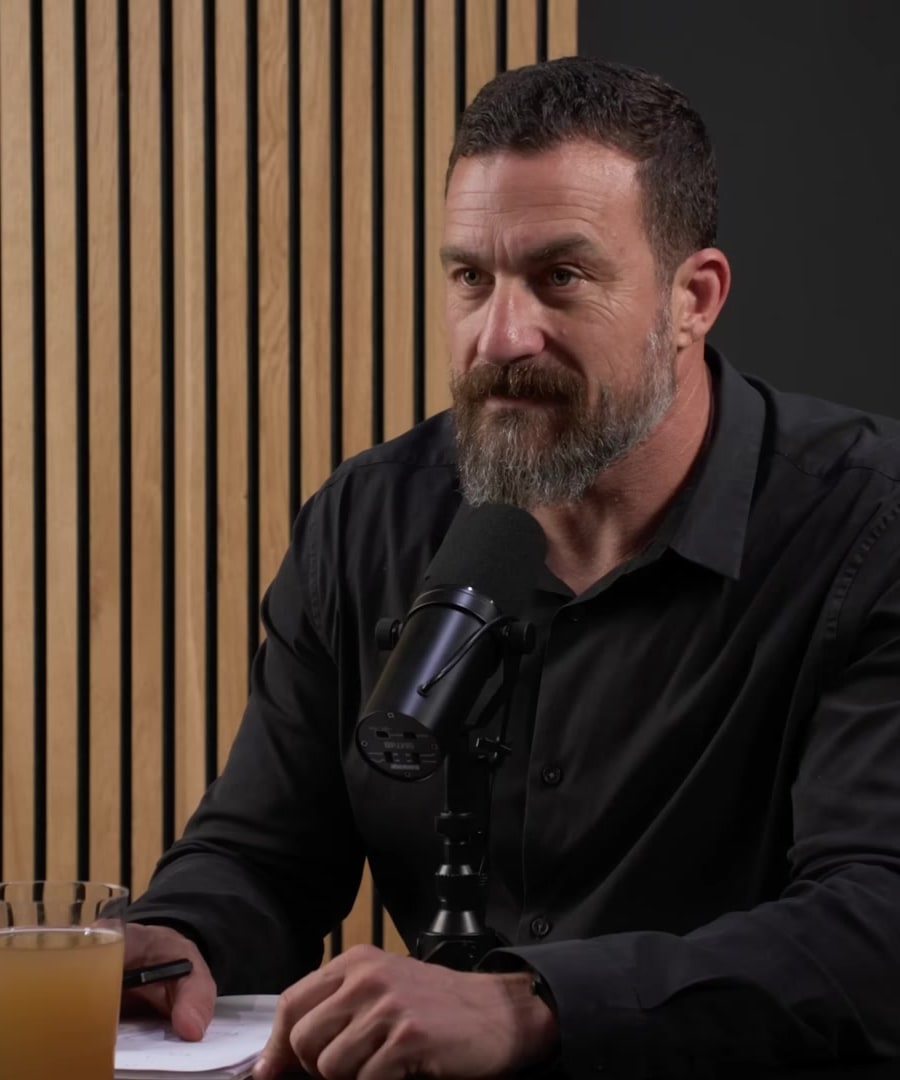Summarize episode Dr. Diego Bohórquez: The Science of Your Gut Sense & the Gut-Brain Axis
Sources:
In the episode "", and explore the intricate relationships between the gut and the brain. Here are the key insights from this episode:
Gut-Brain Communication
- The gut-brain axis is traditionally thought to be mediated by hormones released by the gut that influence distant organs, such as the brain. This hormonal pathway has been the focus for over a century 1.
- Recent findings expand our understanding, revealing sensory cells in the gut directly communicate with the brain. These cells detect external stimuli, reflecting the gut’s unique position as the only internal organ exposed to the external environment 2.
Sensory Cells and Interoception
- described sensory cells in the gut that have microvilli, which can sense chemicals and send information to the brain via the nervous system. This direct communication can inform subconscious feelings and physiological states 3.
Impact on Mental Health and Decision Making
- Gut sensing plays a crucial role in shaping our feelings and overall well-being. Increased awareness of gut sensations, or interoception, can help individuals make more informed decisions about various aspects of life, including diet and personal interactions 4.
- However, heightened interoception can sometimes be detrimental, particularly in individuals with anxiety, where intense awareness of internal sensations can be distracting and disruptive 3.
Future Directions
- The conversation also highlighted the emerging field of gut intuition and the potential for future research to deepen our understanding of this connection. Exploring the gut’s influence on our decisions and well-being opens exciting avenues in neuroscience and psychology 5.
The episode is a profound exploration of how the gut influences our brain function, emotions, and decisions, shedding light on the often overlooked but significant role of the gut in our cognitive and emotional lives.
RELATED QUESTIONS
Summarize episode Dr. Diego Bohórquez: The Science of Your Gut Sense & the Gut-Brain Axis
- RELATED QUESTIONS




